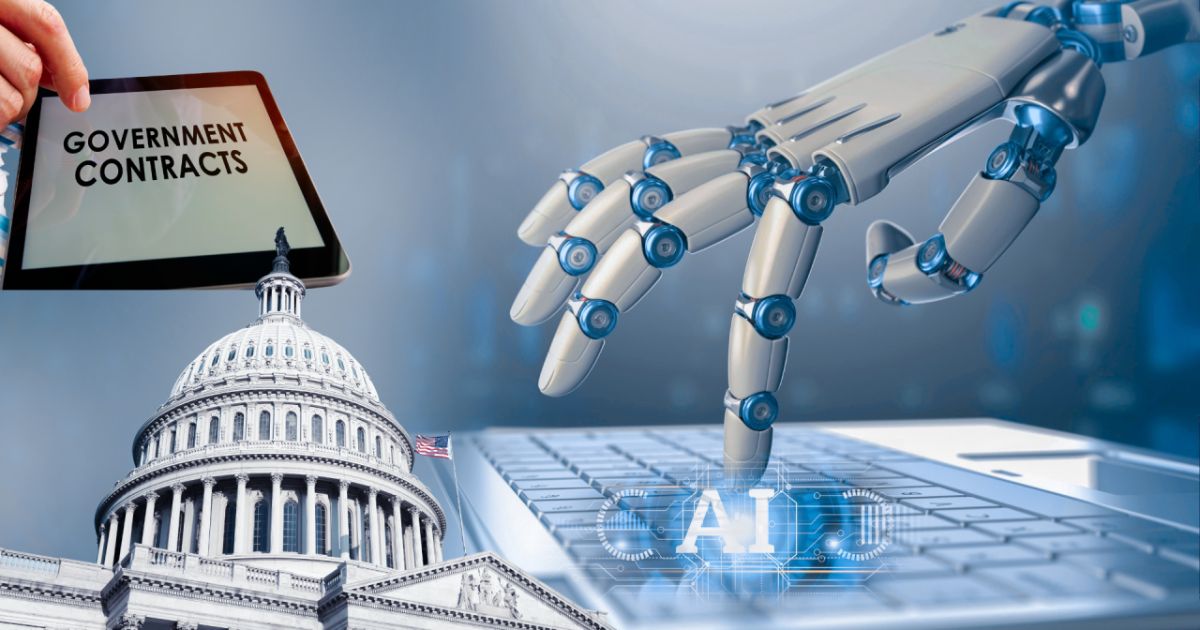Artificial Intelligence is revolutionizing how governments operate—boosting efficiency, managing city traffic, automating public services, and even predicting crime before it happens. On the surface, it all sounds like a step toward a smarter, safer society. But here’s the catch: what happens to your privacy when the state is always watching?
From facial recognition cameras on every corner to AI-driven social scoring systems, the same tools that promise convenience and security can also quietly erode civil liberties. Surveillance may stop threats—but it can also stifle dissent, profile citizens unfairly, and expand state control in ways we never voted for.
This isn’t just about data. It’s about power, freedom, and the future of democracy.
In this article, we explore the double-edged sword of AI in government—how innovation can serve the public good, but also how unchecked surveillance risks turning progress into oppression.
🌟 The Promise: How AI Is Enhancing Governance
| 1 | Smarter Cities: AI for Urban Efficiency Optimizes traffic, waste, energy, and safety systems through real-time data. |
| 2 | Predictive Services: Anticipating Citizen Needs AI helps governments allocate resources proactively based on behavior patterns. |
| 3 | Faster Bureaucracy: Automating Public Tasks Speeds up license renewals, tax processing, and form reviews with automation. |
| 4 | Crisis Response: AI in Disaster Management Real-time tracking and AI simulations help respond swiftly to natural or man-made disasters. |
| 5 | Data-Driven Policy: Smarter Decision-Making Evidence-based policymaking improves with AI-analyzed demographic and economic data. |
⚠️ The Peril: What Could Go Wrong With AI in Government
| 1 | Surveillance Overreach: Watching Everyone Mass data collection can lead to constant monitoring and erode privacy. |
| 2 | Bias in Policing: AI Doesn’t Always See Fairly Predictive policing tools may reinforce racial profiling or flawed historical data. |
| 3 | Data Misuse: Who Controls the Info? Citizens may have no say in how their personal data is collected, stored, or shared. |
| 4 | Lack of Transparency: Black Box Governance Automated decisions in public services may go unquestioned due to lack of visibility. |
| 5 | Chilling Effect: Freedom vs Control Pervasive surveillance may suppress free speech, protest, or democratic participation. |
